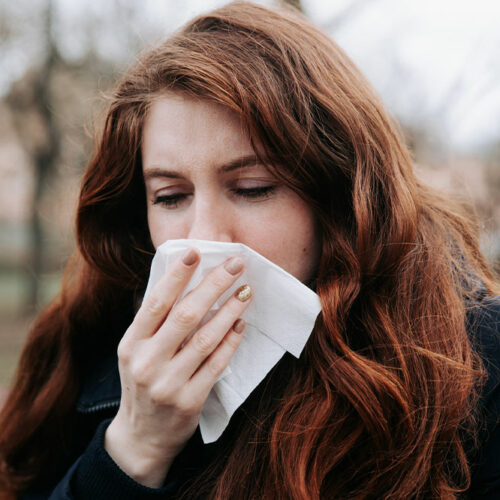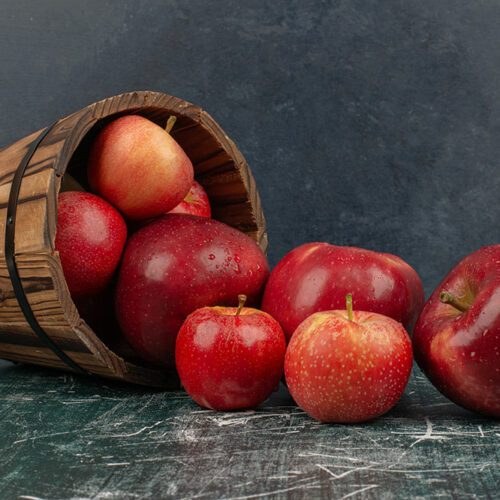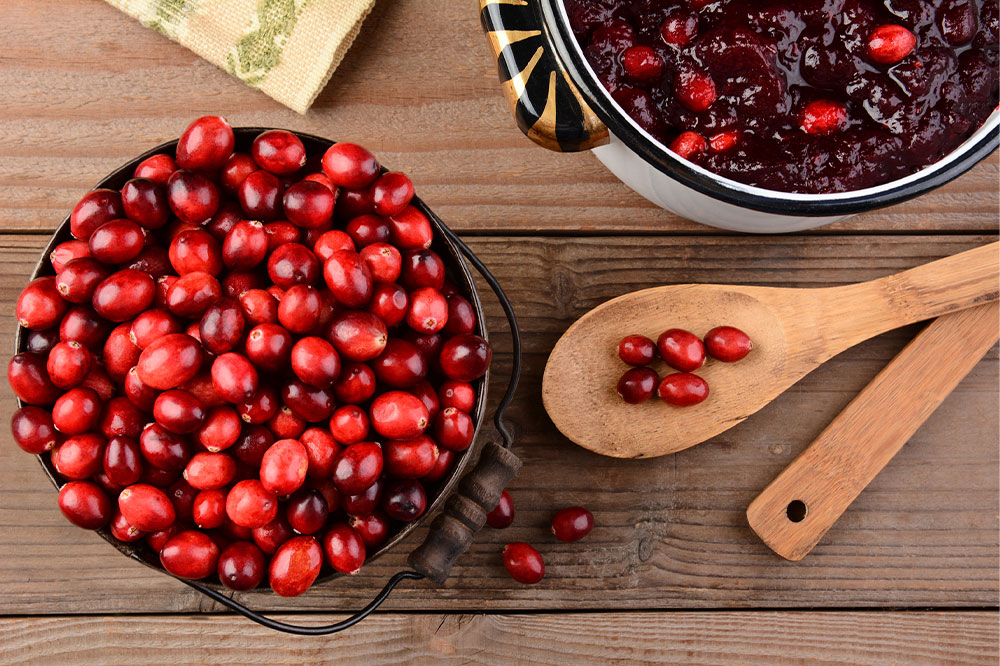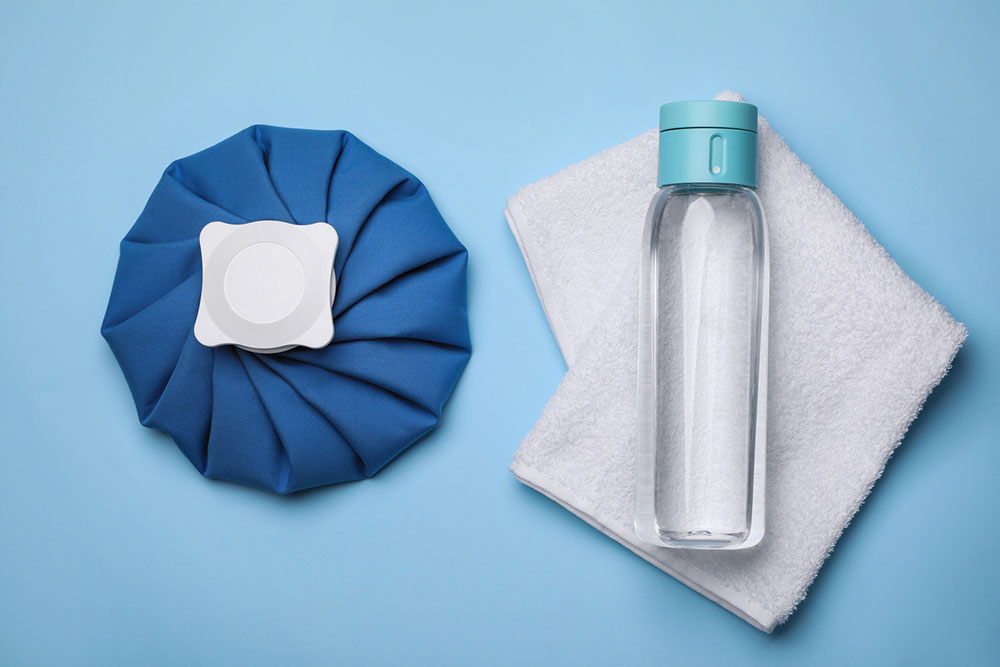8 common allergens that can affect breathing

The swelling or narrowing of one’s throat or the airways to the lungs may lead to wheezing. It may further result in shortness of breath as the lugs cannot hold the necessary air when affected by swelling or mucus buildup. While such symptoms are commonly associated with asthma and chronic pulmonary disease, they may also be triggered by reactions to allergens. Therefore, one should be aware of the common allergens that affect breathing. Pollen Pollen from certain trees, grasses, and ragweed is a common trigger of asthma. The fine yellowish powder may also trigger hay fever (allergic rhinitis). But the type of pollen that causes the problem may differ from person to person and from place to place. Bee sting Someone with an allergic reaction to bee stings may suffer from anaphylaxis. It is a severe life-threatening allergic reaction, which may lead to trouble breathing and swallowing. Mold Many people suffer from mold allergies. They have a sensitive immune system that identifies minute, airborne mold spores as foreign invaders and develops allergy-causing antibodies to fight them. This results in symptoms like coughing and shortness of breath. Dust mites Dust mites are difficult to see without a microscope. They thrive in warm, humid environments, such as in bedding, carpeting, and upholstered furniture at home.






